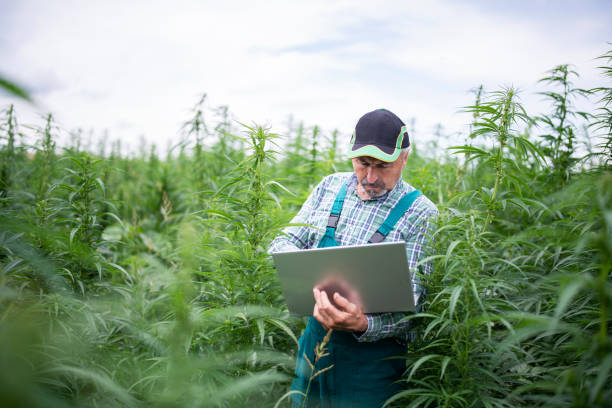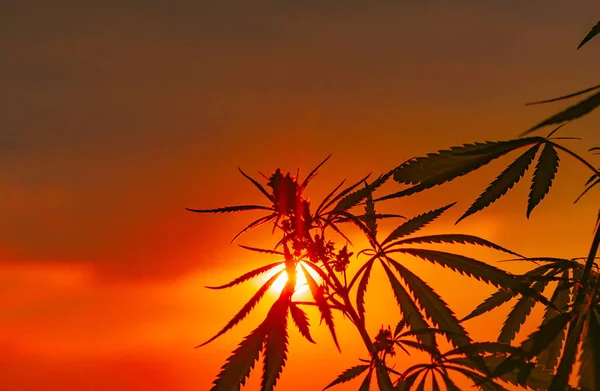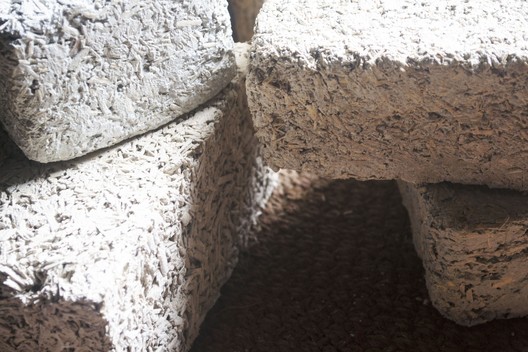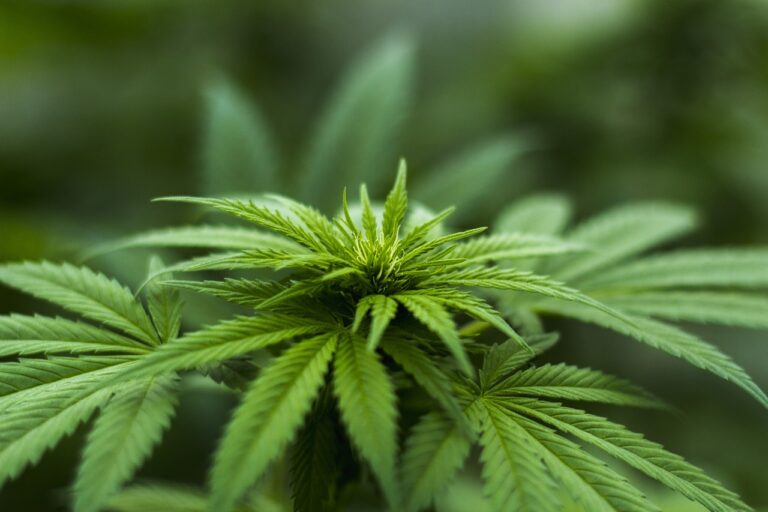In the verdant fields of Thailand, where agriculture is not just a livelihood but a way of life, a revolution is unfolding—one that is rooted in sustainability and guided by the versatile and eco-friendly hemp plant. As Thailand embraces hemp farming, a transformative journey begins toward a more sustainable and environmentally conscious agricultural landscape.

Hemp Farming: A Sustainable Solution
Hemp, a member of the cannabis family, is gaining recognition for its myriad uses, from textiles to wellness products. However, its role in agriculture as a sustainable and versatile crop is sparking a new era for Thai farmers.
1. Rapid Growth and Low Environmental Impact
One of hemp’s standout features is its rapid growth, with the ability to reach maturity in just a few months. This characteristic makes it an ideal rotational crop, preventing soil erosion and promoting soil health. Hemp also requires fewer pesticides, reducing the environmental impact of agriculture—a crucial consideration as Thailand works towards sustainable farming practices.
2. Carbon Sequestration for Climate Resilience
Hemp is a champion in carbon sequestration, absorbing more carbon dioxide from the atmosphere than many other crops. As Thailand grapples with climate challenges, the cultivation of hemp becomes a proactive measure to mitigate carbon emissions and enhance climate resilience.
Thai Farmers Embrace Hemp Cultivation
In the rural landscapes of Isaan and the fertile plains of central Thailand, farmers are becoming pioneers in the hemp cultivation movement.
1. Economic Opportunities for Rural Communities
Hemp cultivation offers economic opportunities for rural communities. Thai farmers, traditionally engaged in rice and rubber cultivation, are diversifying their crops by incorporating hemp. This diversification not only provides an additional income stream but also contributes to the overall economic resilience of rural areas.
2. Sustainable Agriculture Practices
Farmers practicing hemp cultivation in Thailand are adopting sustainable agricultural practices. The natural resistance of hemp to pests reduces the reliance on chemical pesticides, fostering a more environmentally friendly approach to farming. This shift aligns with Thailand’s commitment to sustainable agriculture and responsible resource management.
Challenges and Opportunities: Navigating Hemp Farming in Thailand
While the prospects of hemp farming in Thailand are promising, challenges must be addressed for the industry to thrive.
1. Regulatory Frameworks for Responsible Cultivation
Clear regulatory frameworks are essential to ensuring the responsible cultivation of hemp. Thailand is actively working on establishing guidelines that balance the economic benefits of hemp farming with environmental and safety considerations. Striking this balance is crucial for the sustainable growth of the hemp farming industry.
2. Knowledge Transfer and Training
Educating farmers about the nuances of hemp cultivation is a key factor in the success of the industry. Training programs and knowledge transfer initiatives can empower farmers with the skills and understanding needed to cultivate hemp effectively, maximizing its potential benefits.
The Future: Hemp as an Agricultural Cornerstone
As Thailand charts its course toward a sustainable agricultural future, hemp emerges as a cornerstone of this transformative journey.
1. Crop Rotation and Soil Health
Hemp’s role in crop rotation enhances soil health, a critical factor in sustainable agriculture. The plant’s deep root system helps break up compacted soil, improving its structure and fertility. Thai farmers integrating hemp into their crop rotation cycles are contributing to the long-term sustainability of their lands.
2. Global Influence: Thailand as a Hemp Leader
Thailand’s embrace of hemp farming positions the country as a potential leader in the global hemp industry. As the world seeks sustainable alternatives in agriculture, Thailand’s practices and innovations in hemp cultivation can inspire and guide other nations towards environmentally conscious farming practices.
Conclusion: Thailand’s Green Revolution Takes Root
In the golden fields of Sukhothai and the lush valleys of Chiang Mai, Thailand’s green revolution is taking root, and hemp is at the forefront of this agricultural transformation. As Thai farmers sow the seeds of sustainability, they not only cultivate a crop but also nurture a vision of harmony between agriculture and the environment. Hemp farming in Thailand is not just a cultivation practice; it’s a testament to the nation’s commitment to a greener, more resilient, and more sustainable future.






Comments